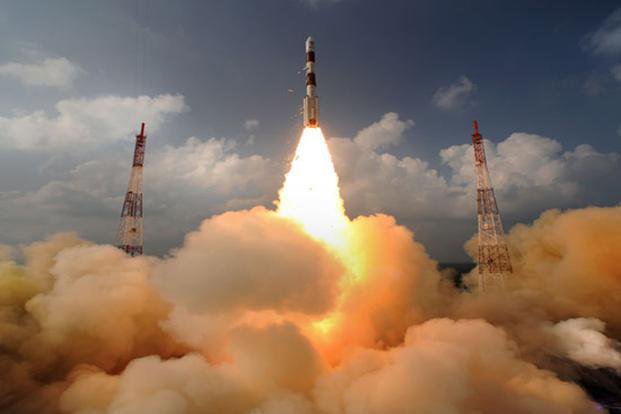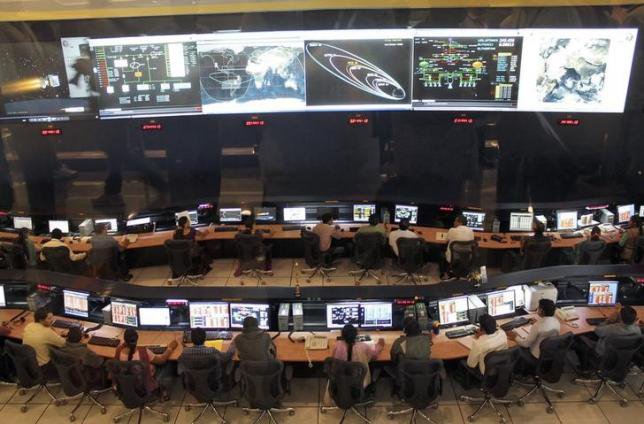ISRO will launch a record 103 satellites in one go using its workhorse PSLV-C37 in the first week of February, while Prime Minister Narendra Modi’s pet South Asian satellite project will take off in March.
As many as 100 of the satellites set for launch in February belong to foreign nations, including the US and Germany.
“We are making a century by launching over 100 satellites at one go,” said S Somnath, Director of the Liquid Propulsion Systems Centre of the ISRO.

The space agency had earlier planned a launch of 83 satellites in the last week of January, of which 80 were foreign ones. But with the addition of 20 more foreign satellites, the launch was delayed by a week and will now take place in first week of February, Somnath said.
He, however, did not specify the number of countries that would launch its satellites in this mission, but said it includes nations like the US and Germany.
“These will be 100 micro-small satellites, which will be launched using a PSLV (Polar Satellite Launch Vehicle)- C37. The weight of the payload will be 1350 kgs, of which 500-600 kgs will be the satellite’s weight,” Somnath added.
The launch will be a major feat in country’s space history as no exercise on this scale has been attempted before. Last year, ISRO launched 22 satellites at a go and this launch will have almost five times the number of crafts.

The South Asian satellite will be a part of GSAT-9, which will be launched in March this year, said M Nageshwara Rao, Associate Director of ISRO. The communication satellite was to be launched in December 2016, but was slightly delayed as some other satellites are to be launched before that.
Sources said talks with Afghanistan to have the country on-board for the project is in its final stages. Envisaged as a gift to its neighbours, the project, earlier known as SAARC satellite, faced stiff resistance from Pakistan.
The neighbouring country wanted it to be launched under the aegis of the South Asian regional forum. It later backed out of the project. Apart from India, the satellite will benefit Sri Lanka, Maldives, Bangladesh, Nepal and Bhutan.

















